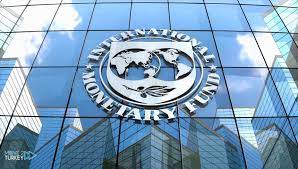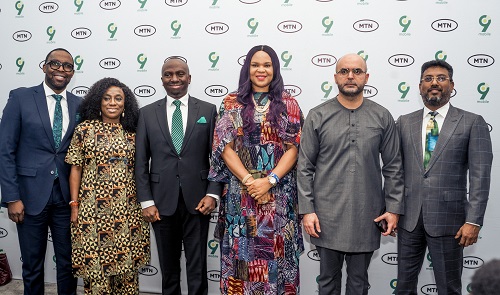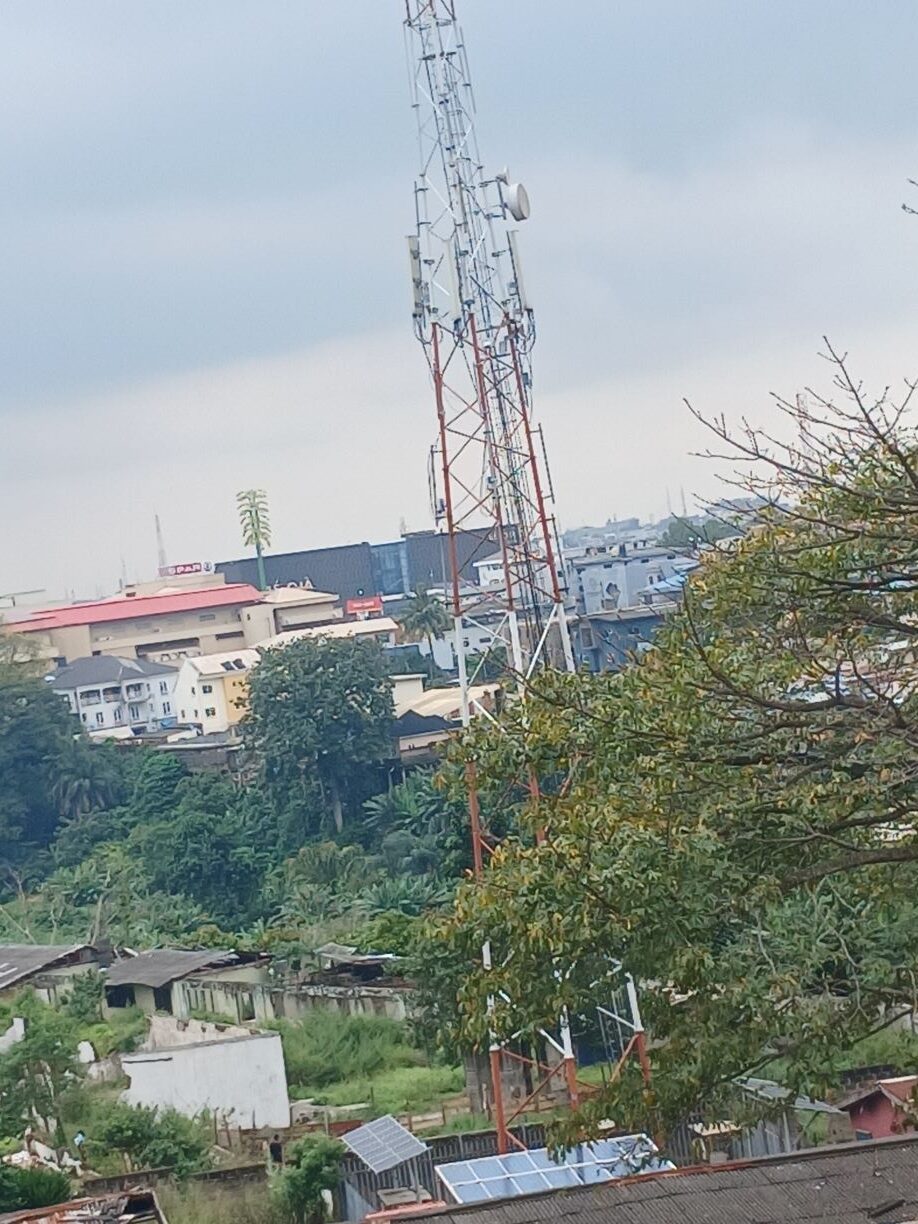The International Monetary Fund (IMF) has applauded President Bola Tinubu’s reforms in the foreign exchange (FX) market, and ongoing stability of the naira.
In Article IV Consultation released yesterday, the Fund said reforms in the foreign exchange market have supported price discovery and liquidity.
The Fund said Nigerian authorities have implemented major reforms over the past two years which have improved macroeconomic stability and enhanced resilience.
“The authorities have removed costly fuel subsidies, stopped monetary financing of the fiscal deficit and improved the functioning of the foreign exchange market. Investor confidence has strengthened, helping Nigeria successfully tap the Eurobond market and leading to a resumption of portfolio inflows,” it said.
It said naira stabilization and improvements in food production brought inflation to 23.7 percent year-on-year in April 2025 from 31 percent annual average in 2024 in the back-casted rebased Consumer Price Index released by the Nigerian Bureau of Statistics (NBS). Inflation should decline further in the medium-term with continued tight macroeconomic policies and a projected easing of retail fuel prices.
Executive Directors agreed with the thrust of the staff appraisal. They commended the authorities on the successful implementation of significant reforms during the past two years and welcomed the associated gains in macroeconomic stability and resilience. As these gains have yet to benefit all Nigerians, and with heightened economic uncertainty and significant downside risks, Directors emphasized the importance of agile policy making to safeguard and enhance macroeconomic stability, creating enabling conditions to boost growth, and reducing poverty.
According to the report, IMF Directors agreed that the Central Bank of Nigeria is appropriately maintaining a tight monetary policy stance, which should continue until disinflation becomes entrenched. They welcomed the discontinuation of deficit monetization and ongoing efforts to strengthen central bank governance to set the institutional foundation for inflation targeting.
The Directors also welcomed steps taken by the authorities to build reserves and support market confidence and praised reforms to the foreign exchange market that supported price discovery and liquidity. They called for implementation of a robust foreign exchange intervention framework focused on containing excess volatility, stressing that the exchange rate is an important shock absorber. Directors also agreed with staff’s call to phase out existing capital flow management measures in a properly timed and sequenced manner.
Directors called for a neutral fiscal stance to safeguard macroeconomic stabilization with priority given to investments that enhance growth. Directors also called for accelerating the delivery of cash transfers to assist the poor. They commended the authorities on advancing the tax reform bill, an important step towards enhancing revenue mobilization and creating fiscal space for development spending, while preserving debt sustainability.
The CBN, under the leadership of Governor Olayemi Cardoso, dismantled the long-standing multiple exchange-rate regime, replacing it with a “willing-buyer, willing-seller” framework supported by a digital trading platform (B-Match).
The results have been transformative. As the IMF noted, “gross and net international reserves increased in 2024, with a strong current account surplus and improved portfolio inflows.” The FX premium, or gap between official and parallel markets, has fallen from over 60 percent to below 3 percent. FX inflows have surged to $6.9 billion in Q1 2025, and external reserves climbed to a peak of $40.9 billion at the end of 2024, providing over eight months of import–well above benchmark thresholds. “Reforms to the FX market and foreign exchange interventions have brought stability to the naira,” the IMF noted.
In January 2025, Nigeria successfully returned to the Eurobond market, its first issue in four years, reflecting, as the IMF noted, “strengthened investor confidence” and “a resumption of portfolio inflows.”
The Fund “recognised actions to strengthen the banking system, including the ongoing process of increasing banks’ minimum capital,” as stated in the IMF Executive Board Assessment. It also “welcomed the authorities’ efforts to boost financial inclusion and promote capital market development.”
The CBN’s recapitalisation plan will see banks’ minimum capital raised significantly by March 2026. This move is designed to ensure banks can absorb future shocks, deepen credit access, and support the planning for a $1 trillion economy.
At the same time, Cardoso’s team is expanding access to banking services for previously excluded demographics through digital platforms and financial literacy programmes, such as the Women’s Financial Inclusion Initiative (Wi-Fi).
As stated in the IMF Executive Board Assessment, the Fund “welcomed progress made in strengthening the AML/ CFT framework”, Anti-Money Laundering and Combatting the Financing of Terrorism. It “stressed the importance of resolving remaining weaknesses to exit the FATF grey list,” a designation for jurisdictions under increased monitoring by the Financial Action Task Force due to gaps in their anti-financial crime regimes.
Further significant challenges remain. Inflation, though declining, remains a burden. Infrastructure deficits, insecurity, and fiscal slippages could derail progress. The Fund “highlighted the importance of tackling security, red tape, agricultural productivity, infrastructure gaps, including boosting electricity supply, as well as improved health and education spending, and making the economy more resilient to climate events.”






